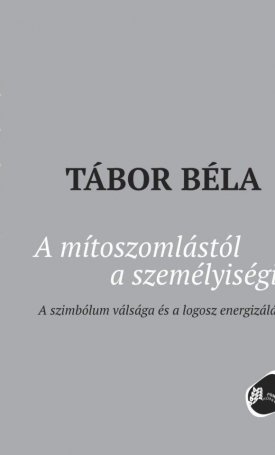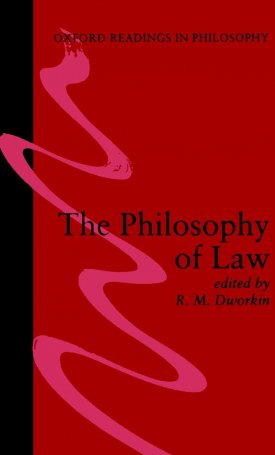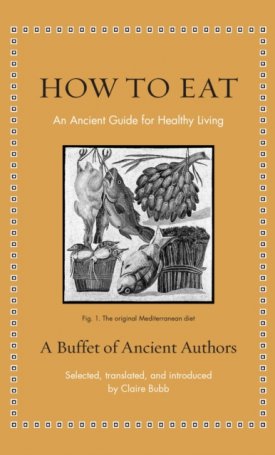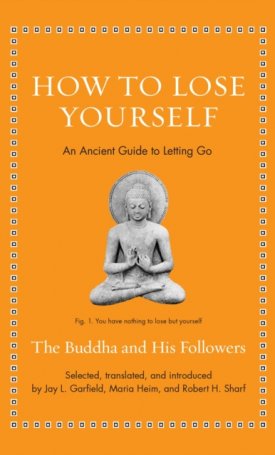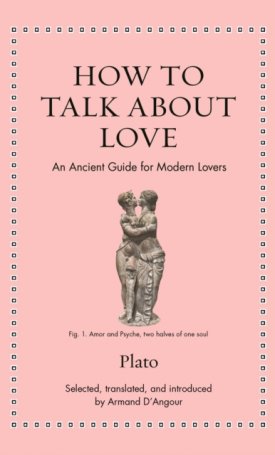Development of Ethics, The - Volume 2 - From Suarez to Rousseau
-10%
8 375 Ft
7 538 Ft
Preorder(You have to login)
Discounted prices are valid only for orders placed through our webshop.
Development of Ethics, The - Volume 2 - From Suarez to Rousseau
Cover: Fűzött
ISBN: 9780199693863
Size: 24.6
Page no.: 936
Publish year: 2011
The Development of Ethics is a selective historical and critical study of moral philosophy in the Socratic tradition, with special attention to Aristotelian naturalism. It discusses the main topics of moral philosophy as they have developed historically, including: the human good, human nature, justice, friendship, and morality; the methods of moral inquiry; the virtues and their connexions; will, freedom, and responsibility; reason and emotion; relativism, subjectivism, and realism; the theological aspect of morality. This volume examines early modern moral philosophy from the sixteenth to the eighteenth century. Volume 3 will continue the story up to Rawls`s Theory of Justice. ISBN: 9780199693863
Size: 24.6
Page no.: 936
Publish year: 2011
The present volume begins with Suarez`s interpretation of Scholastic moral philosophy, and examines seventeenth- and eighteenth- century responses to the Scholastic outlook, to see how far they constitute a distinctively different conception of moral philosophy. The treatments of natural law by Grotius, Hobbes, Cumberland, and Pufendorf are treated in some detail. Disputes about moral facts, moral judgments, and moral motivation, are traced through Cudworth, Clarke, Balguy, Hutcheson, Hume, Price, and Reid. Butler`s defence of a naturalist account of morality is examined and compared with the Aristotelian and Scholastic views discussed in Volume 1. The volume ends with a survey of the persistence of voluntarism in English moral philosophy, and a brief discussion of the contrasts and connexions between Rousseau and earlier views on natural law.
The emphasis of the book is not purely descriptive, narrative, or exegetical, but also philosophical. Irwin discusses the comparative merits of different views, the difficulties that they raise, and how some of the difficulties might be resolved. The book tries to present the leading moral philosophers of the past as participants in a rational discussion that is still being carried on, and tries to help the reader to participate in this discussion.





